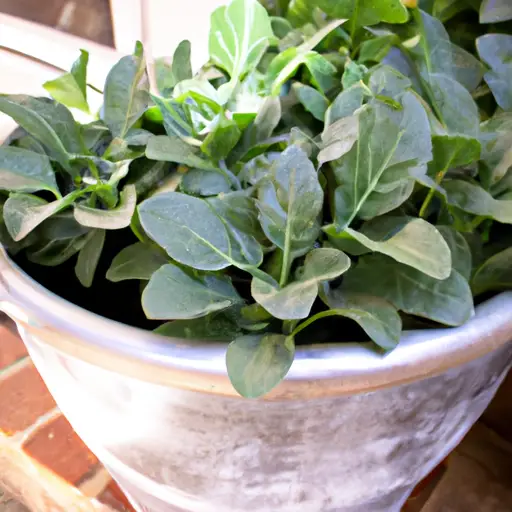Container gardening is a fantastic way to bring plant life and greenery into our homes, balconies, and small outdoor spaces. It allows us to grow plants, flowers, herbs, and even vegetables with ease, regardless of the limited space we may have. But did you know that container gardening can also be eco-friendly? By incorporating sustainable practices into our container gardening routines, we can cultivate a greener lifestyle while enjoying the benefits of nature right at our doorstep.
One of the primary eco-friendly practices in container gardening is the use of organic soil and fertilizers. Opting for products that are free from harmful chemicals not only ensures healthier plants but also contributes to a more sustainable environment. Organic soils are typically composed of natural ingredients like compost, peat moss, and vermiculite – all of which help retain water, promote healthy root growth, and prevent soil erosion. Additionally, using organic fertilizers derived from animal or plant sources minimizes chemical runoff into waterways and reduces soil contamination.
Water conservation plays a crucial role in eco-friendly container gardening. Implementing techniques to reduce water waste not only saves this precious resource but also helps lower utility bills. One effective way to achieve water efficiency is through drip irrigation systems or self-watering containers. Drip irrigation allows for slow watering directly at the root zone while minimizing evaporation and runoff. Self-watering containers have integrated reservoirs that store excess water, ensuring plants receive consistent moisture without excessive watering.
Reusing and repurposing materials is another great way to make your container garden more sustainable. Instead of purchasing new pots or containers, search for alternatives around your home or community. Old buckets or barrels can be transformed into unique planters while old wooden crates can provide a rustic appeal. Upcycling materials not only reduces waste but also adds charm and character to your garden.
Incorporating native plants into your container garden is not only aesthetically pleasing but also beneficial for local wildlife. Native plants are typically well adapted to the local climate, requiring less water, fertilizer, and pesticide use. They also attract pollinators and provide food and shelter for insects and birds, contributing to a balanced ecosystem.
Reducing waste is a key principle of eco-friendly container gardening. Instead of disposing of kitchen scraps or yard waste, consider composting them to create nutrient-rich soil for your plants. Composting decreases the amount of waste sent to landfill while providing a cost-effective alternative to chemical fertilizers.
Lastly, it is vital to be mindful of the types of plants you choose for your container garden. Opt for plants that are suited to your climate and growing conditions, as this reduces the need for excessive maintenance and resource use. Researching plant varieties that are disease-resistant and naturally repel pests can help minimize the need for chemical interventions.
In conclusion, container gardening can be both rewarding and sustainable when we adopt eco-friendly practices. By using organic soil and fertilizers, conserving water, reusing materials, incorporating native plants, reducing waste through composting, and selecting suitable plant varieties, we can enjoy a miniature garden that nurtures our environment rather than harming it. Let’s embrace going green in our container gardens and create beautiful spaces while preserving nature’s beauty.













